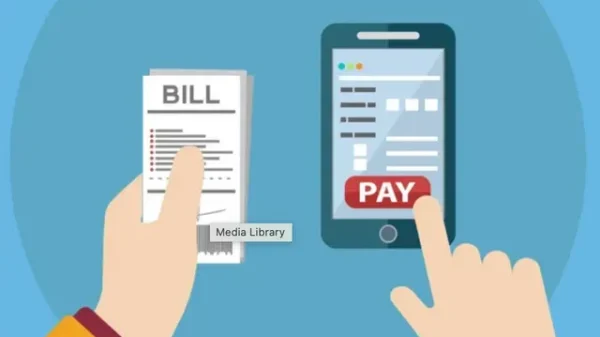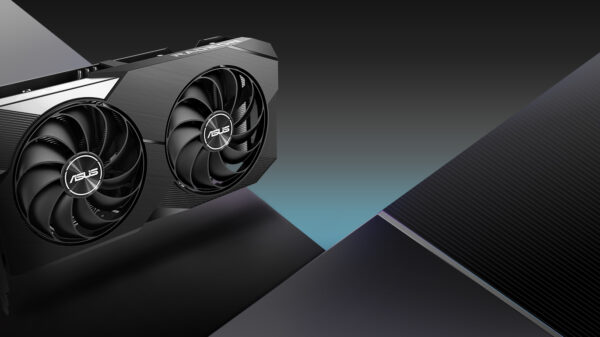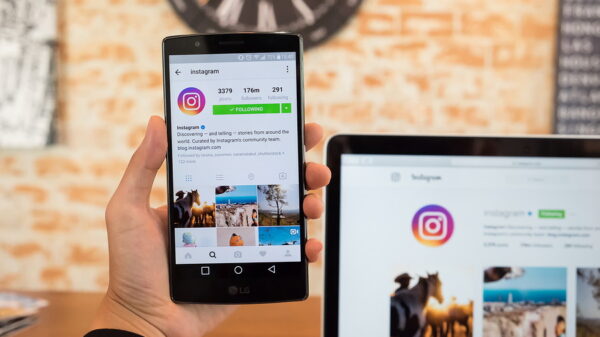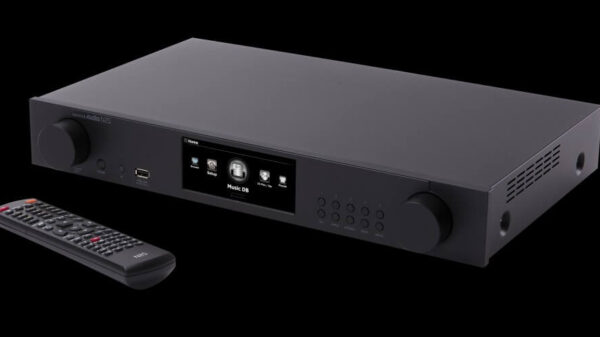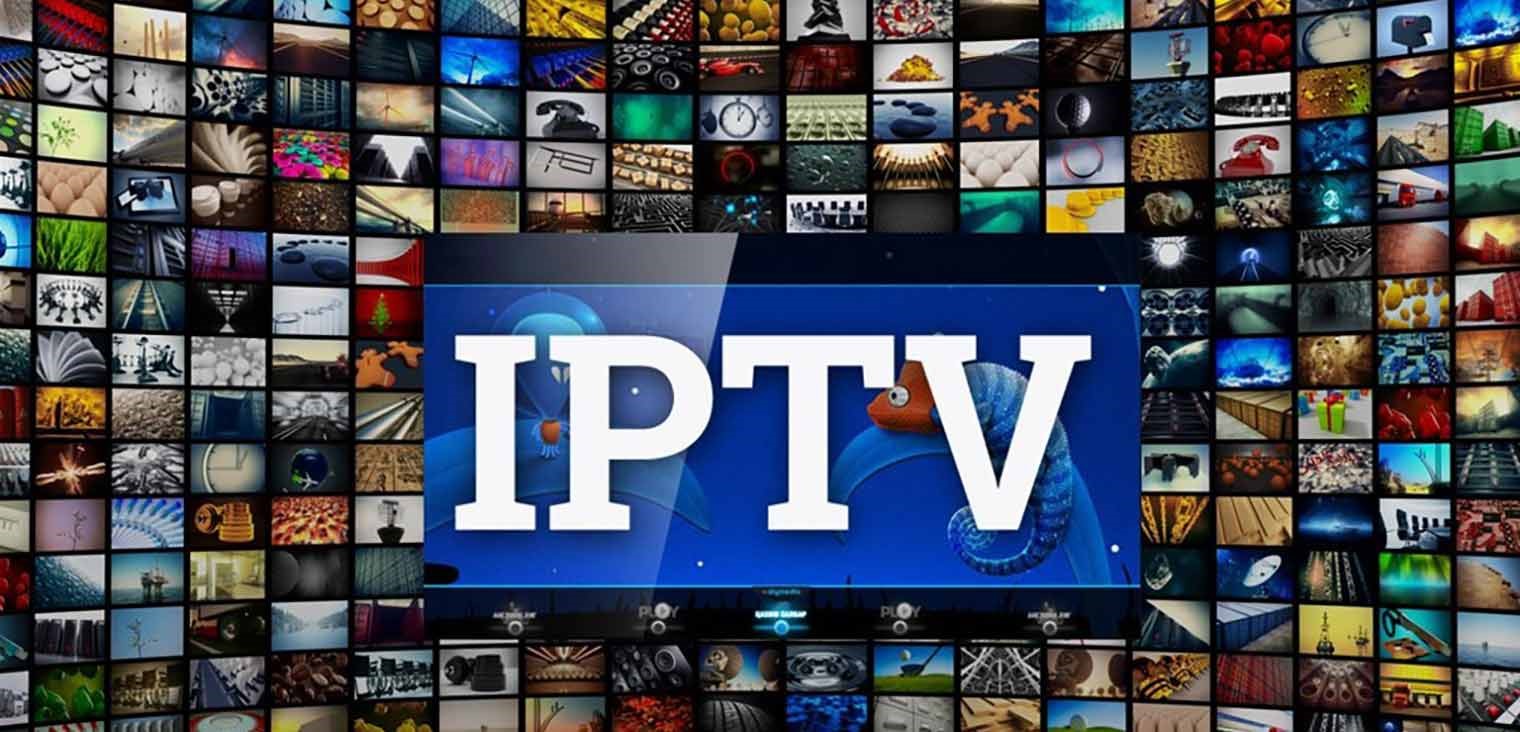If you’re not a participant in the current media industry, There’s a good chance that you’ve not been aware of IPTV. However, you’ve probably used it for a long time.
You’re likely to be using it more frequently in the future. IPTV is rapidly growing as new services and providers appear, and traditional TV providers offer more excellent IPTV services.
What exactly is IPTV? What exactly does IPTV refer to? What is its purpose? What can you do with it to enhance your television-watching experience?
Also Read: Which of the following best describes the operational period briefing
What is IPTV?
Let’s get started with the fundamentals. What exactly is IPTV?
IPTV is “internet protocol television.” The “IP” in IPTV is the same as the IP address in the case of your IP number or IP (voice over IP). It means that TV programming is communicating via IPTV, an internet protocol. For more, click to trino marin that would be the right place for you.
To fully comprehend what that is, you should understand how non-IPTV functions. With satellite or cable TV, broadcasters broadcast signals in real-time, and viewers get them. You’re only allowed to view what’s a live broadcast. If you don’t have any kind of recording equipment, you won’t have the ability to control what’s happening at what time. It’s just a matter of tuning in when you want and then watching what’s on.
IPTV is distinct. Instead of sending content using the fibre-optic cable’s light pulses or radio waves coming from satellites, IPTV sends shows and films via your internet connection. (You might have an internet satellite or cable connection through your preferred Internet service provider (ISP); however, they are not connected to the ones that typically transmit TV signals.)
It doesn’t stop there. IP networks offer a lot more flexibility inside the network and allow two-way communication, unlike traditional one-way satellite or cable networks. The end-users have greater control and choices to interact and customize their experience.
As opposed to broadcasting an entire variety of shows on a particular schedule, most IPTV use the technology of video-on-demand (VOD) or time-shifted media. We’ll go over these, as well as the third one, in a second.
There’s a complex network architecture behind this that makes it possible, with lots of transcoding from conventional broadcasts to more compatible IP. However, the most important thing to remember is you do not need to be watching what’s broadcast. You can inform your provider what you’d like to see, and they’ll email it straight to your inbox.
If you’ve ever used streaming services such as Netflix or Hulu, It’s precisely similar, only using a TV instead of movies or syndicated programs. For more information, click to how tall is Ranboo that would be the right place for you.
Do you need a Set-Top-Box for IPTV?
Because most TVs from the past don’t support IPTV, you might require a set-top device such as Apple TV, Roku, and Amazon Fire TV that “translates” what you get from the internet into a format the TV can read.
Your computer, however, does not require anything to stream IPTV. After you’ve signed up with the service, you’ll be able to utilize it to stream live anything you like in all IPTV types (which we’ll cover in the coming weeks).
If you can mirror your screen onto your TV, you can enjoy IPTV without a set-top box.
New Smart TVs may also include built-in IP support. These devices could be linked to your internet and then set up to use IPTV services.

